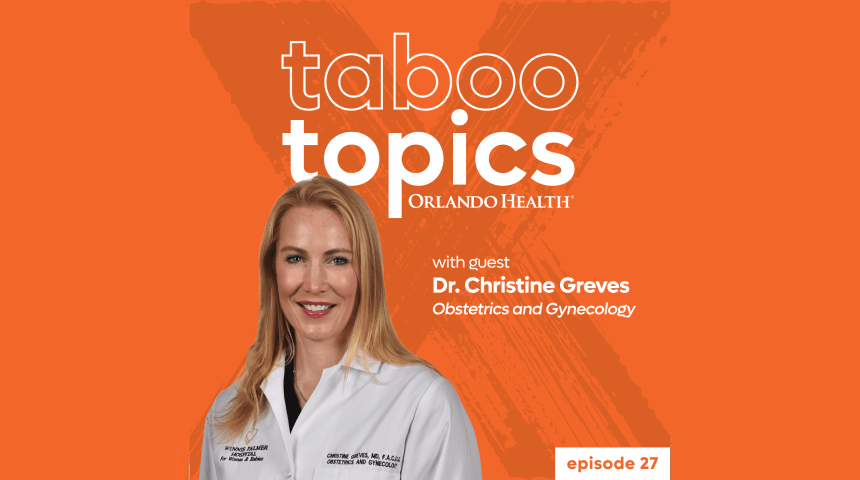Celebrity Matthew Perry had ketamine in his system when he died, but the drug probably did not cause his death. Don’t let his situation deter you from asking about ketamine if you suffer from depression, suicidal thoughts or extreme anxiety.
If you receive ketamine treatments at a medical facility, in FDA-approved quantities, it can help you tremendously — and safely.
What Is Ketamine?
Ketamine is an anesthetic — a drug that numbs pain and cuts out the memory of pain. It has been around since 1962 and is classified as a psychedelic. Today, psychiatrists use it to help patients who are in extreme and ongoing emotional distress.
Some facts:
- Ketamine is derived from phencyclidine, known as PCP. But when properly administered, it is no club drug. Doctors deliver it through IV tubes or nasal sprays.
- Ketamine affects the body’s opioid system, which is the pain system. It helps numb both physical and emotional pain.
- It works by moderating the glutamate system in the brain, which involves your energy levels and mental health, among other areas.
- Ketamine is used safely with other medications such as SSRIs, so you needn’t stop taking your anti-anxiety pills in order to try ketamine. It is sometimes prescribed together with the drug naltrexone, which can help ketamine be more effective.
How Ketamine Can Help You
If you suffer from depression, anxiety or constant suicidal thoughts, you’ll likely try prescription drugs, talk therapy and other tried-and-true treatments first. If none of those is your winning formula, ketamine might be the next step.
Ketamine is most likely to work for you if your doctor gives it to you the way the FDA recommends: If you respond well to the first dose, you’ll receive ketamine twice weekly for four weeks. Then, you’ll set up a maintenance schedule at whatever interval works with your body, such as once a week or once a month.
Ketamine can be a long-term solution and has several unheralded benefits:
- Ketamine is rarely lethal. In abusive quantities, however, it can cause your bladder to shrink. That has happened in some Asian countries where the drug has been easier to obtain illegally.
- You’ll know almost immediately if ketamine will help you. Studies show that if your depression or suicidal thoughts start to lift after the first dose, ketamine will likely work for you. If the first dose doesn’t make a difference, it isn’t the long-term solution you need.
- You’ll be monitored after finishing your IV or nasal spray. Ketamine can rev up your heart rate and might make you disassociate (lose touch with reality for a time), so you’ll be asked to sit for 45 minutes in case you need help.
- Ketamine can be a long-term solution. Like electroconvulsive therapy, ketamine can decrease emotional distress and related issues on an ongoing basis. Both treatments create structural changes in your brain, which can lead to no longer being depressed or suicidal.
Ketamine and Matthew Perry
Psychiatrists literally had to flush psychedelic drugs down the toilet a few decades ago when a law banned the professionals from studying them. Today, leading medical institutions have set up departments dedicated to studying ketamine and similar drugs. Plus, independent clinics specializing in these drugs are popping up nationwide.
Matthew Perry died from the “acute effects of ketamine,” newspapers reported, citing the Los Angeles Medical Examiner’s report. But the levels were much higher than therapeutic levels, and it is unclear how he ingested the ketamine. Contributing factors in the death of Perry, who had a long history of addiction, included buprenorphine, which is used to treat opioid addiction, and coronary artery disease.
Don’t let Perry’s death stop you from asking about ketamine if you struggle with depression, severe anxiety or suicidal ideation. When ketamine is given by a medical professional, in doses that are proven safe, via the FDA protocol, it might, indeed, be a helpful part of your winning formula.





